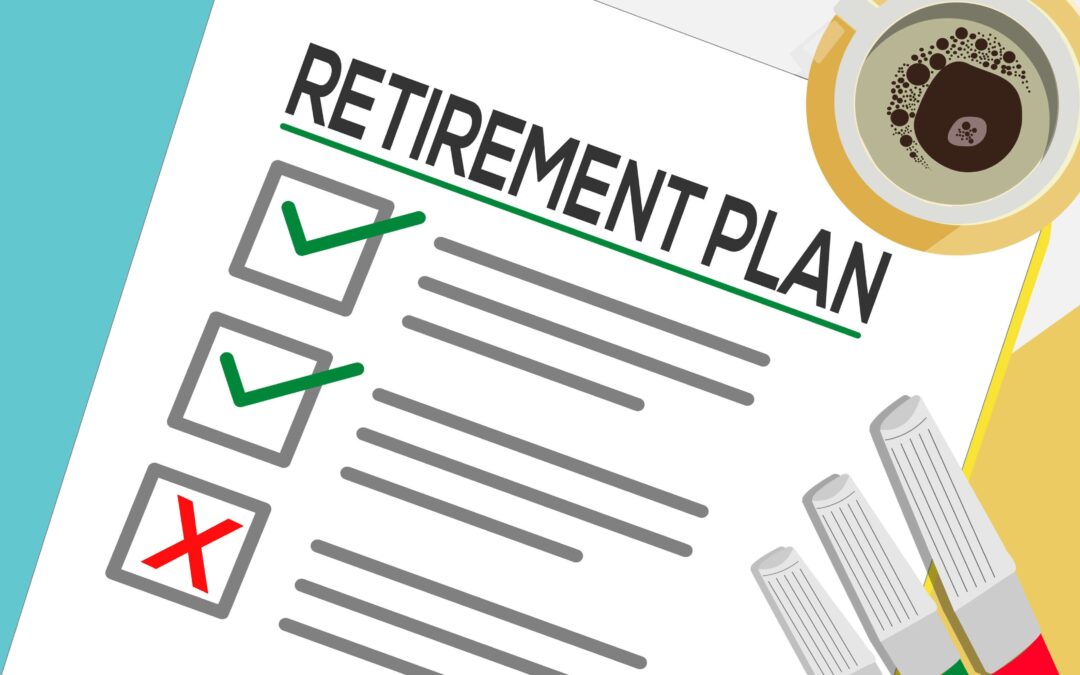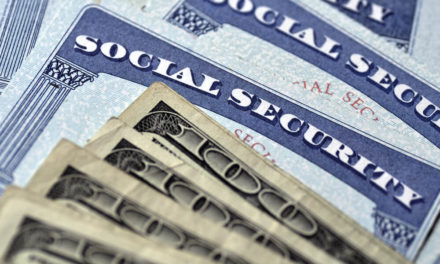Do you have a retirement checklist? For most people, the retirement calculus takes the form of a number: Do I have enough cash in the bank to finally walk away?
There’s nothing necessarily wrong with that approach, but I think it’s also important to focus on some more subjective metrics. Because frankly, numbers are a moving target.
Just a few months ago, we were in the midst of a volatile market meltdown. Today, backed by Federal Reserve stimulus and optimism that the worst is behind us in the COVID-19 pandemic, it seems we’re in the midst of a bona fide market melt-up, with the S&P 500 up about 40% since March.
Those returns look fantastic, but it’s hard to see it being sustainable, and it’s hard to make meaningful financial plans when stocks are that volatile. So today, we’re going to do something a little different. We’re going to make a retirement checklist. These are things you should have crossed off before you decide to hang it up.
3 Items to Tackle on Your Retirement Checklist
Make Sure You Have Medicare or Outside Health Insurance
This is a biggie. The biggest unknown today for most retirees is healthcare cost.
If you are old enough to qualify for Medicare — currently 65 — you’re good. You may also want a supplemental policy, but you at least have basic, guaranteed coverage for the rest of your life. Yes, I realize that Uncle Sam is broke and that, longer term, we face an entitlement funding crisis in this country. But I think it’s reasonable to assume that Medicare in some form or another will continue to provide basic health insurance for retirees.
If you’ve been working for a company and receiving health insurance benefits your entire career, you do not want to deal with securing your own health insurance in your late 50s or early 60s. To start, many doctors now do not accept individual or family plans; they only accept group policies. The Affordable Care Act (i.e. Obamacare) made it possible for virtually anyone to get health coverage. But “getting coverage” is meaningless if few doctors in your area accept the plans.
If you work under a union contract or have an exceptionally generous early retirement package, you may be able to continue your existing health coverage post retirement. But to play it safe, try to tough it out until you qualify for Medicare.
Get Your House Paid Off
I really can’t stress this one enough. You don’t want to go into retirement with a mortgage. Given the Fed’s aggressive stimulus, I worry about inflation and dollar instability. And if we were to get a surge of inflation down the road, it would actually help debtors by eroding the value of the debts they owe. But all the same, a surge of inflation would also lead to a surge in home prices, which could mean higher property taxes and insurance costs.
Furthermore, your income stream might not keep pace with inflation. Your living expenses will likely rise. Having a paid off house eliminates one major expense and gives you the flexibility to deal with whatever unexpected twists you come across. The last thing you want is to lose your home in your golden years, so make this a focus of your retirement checklist.
Final Financial Checklist Item: Review Your Allocation
This is critically important. The market is on fire right now. But it was just a couple months ago that it looked like the world was ending.
Investors aren’t known for having a particularly long attention span, but this is bordering on ridiculous.
I mentioned a few weeks ago that the 60/40 portfolio is dead. I stand by that. With both stocks are bonds looking bubbly today, you’re going to need to be a little more creative.
By all means, keep a little in buy-and-hold stocks. The market is ripping higher, and there’s no reason why it can’t keep it up a while longer. But keep a decent chunk of your portfolio in active or hedged strategies too. I also recommend a little gold and commodity exposure and perhaps some real estate as well.
Diversifying doesn’t mean burying yourself in a hole in the ground and avoiding all risk. It simply means being smart about risk by spreading your bets around assets or strategies that don’t all move in lockstep.
This isn’t a comprehensive retirement checklist by any means. But if you follow these three points, you’ll be a lot closer to a safe retirement.
• Money & Markets contributor Charles Sizemore specializes in income and retirement topics, and is a frequent guest on CNBC, Bloomberg and Fox Business.
Follow Charles on Twitter @CharlesSizemore.





